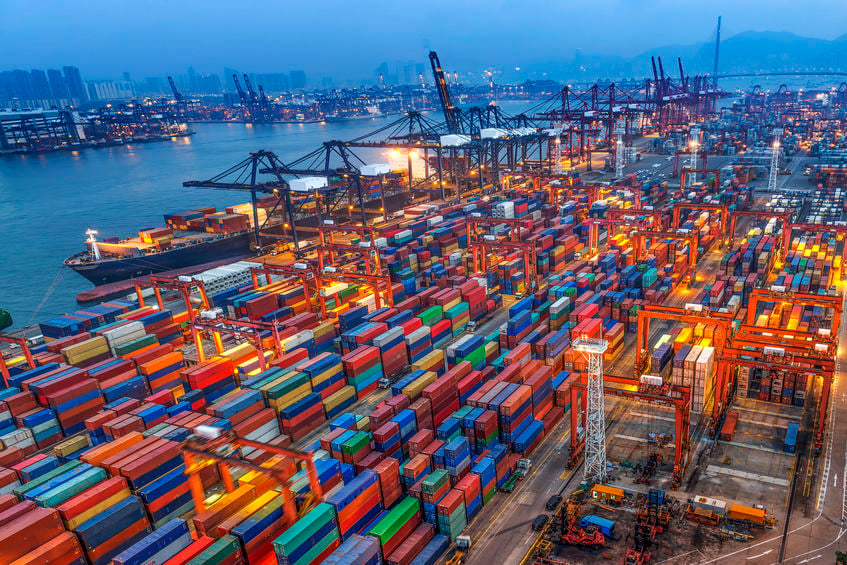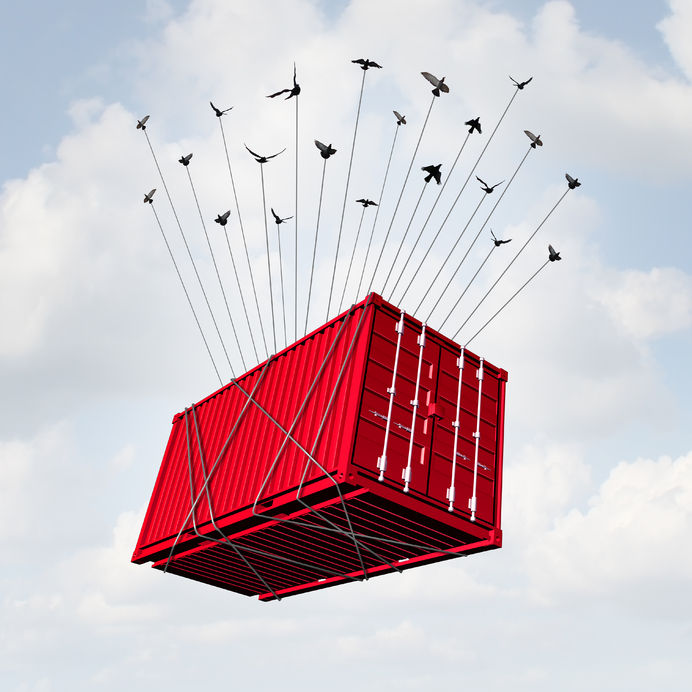We share hands-on advice for everyday trade and logistics challenges. Access insights and actionable strategies that drive certainty, continuity, and compliance across your operations.
So, there’s NAFTA… But what other free trade agreements are out there?

*USMCA/CUSMA replaced NAFTA on July 1st, 2020. Read More... We all know about NAFTA… It’s undergoing its own renegotiation at this very moment, and the trade community needs to continue to keep an eye on what’s happening with NAFTA.
Scrap metal recycling – business opportunities await

Scrap metal recycling involves the recovery of metal scrap from the manufacturing industries and from metal products that have reached the end of their useful life. The scrap metal industry is an important and well-established one that offers both environmental benefits – diverting many tons of material from landfills.
Shipping and Freight Rates

Have you ever priced out the cost of shipping your goods and widely different quotes or received quotes that fluctuate from one week to the next. What’s going on?
What is causing shipping delays?

In the dynamic world of international trade, various challenges can disrupt the smooth flow of goods, from port congestion to extreme weather and geopolitical tensions. Each obstacle presents a potential delay in your shipments, costing time and money.
Understanding Customs Compliance

Customs compliance… It sounds important, doesn’t it? Well, it sure is! You’ve certainly heard of customs compliance, but do you fully understand what’s involved?
Importing Wood Packaging Material into the U.S.

The U.S. government regulates the import of all wood and wood-containing products into the U.S. And, because these items can carry and introduce harmful pests, their import is tightly monitored. Material made of wood that is used as packaging (such as crates, pallets, dunnage, etc.) is also subject to import.
Oops! Mistakes happen

Have you ever worried that you might have missed something when filling out your customs paperwork? As an importer, you know how important it is to accurately declare your goods and back everything up with the correct documentation.
How to avoid delays at the border

Are your goods getting stuck at the border, and you’re wondering why? Delays at the border can be frustrating, stressful and costly – and they’re also avoidable!
Company Compliance Programs: An essential part of your business

Because importers… not their brokers, not their suppliers… are ultimately responsible for customs compliance, sound compliance practices need to be woven into the culture of any company that moves goods across the border.

